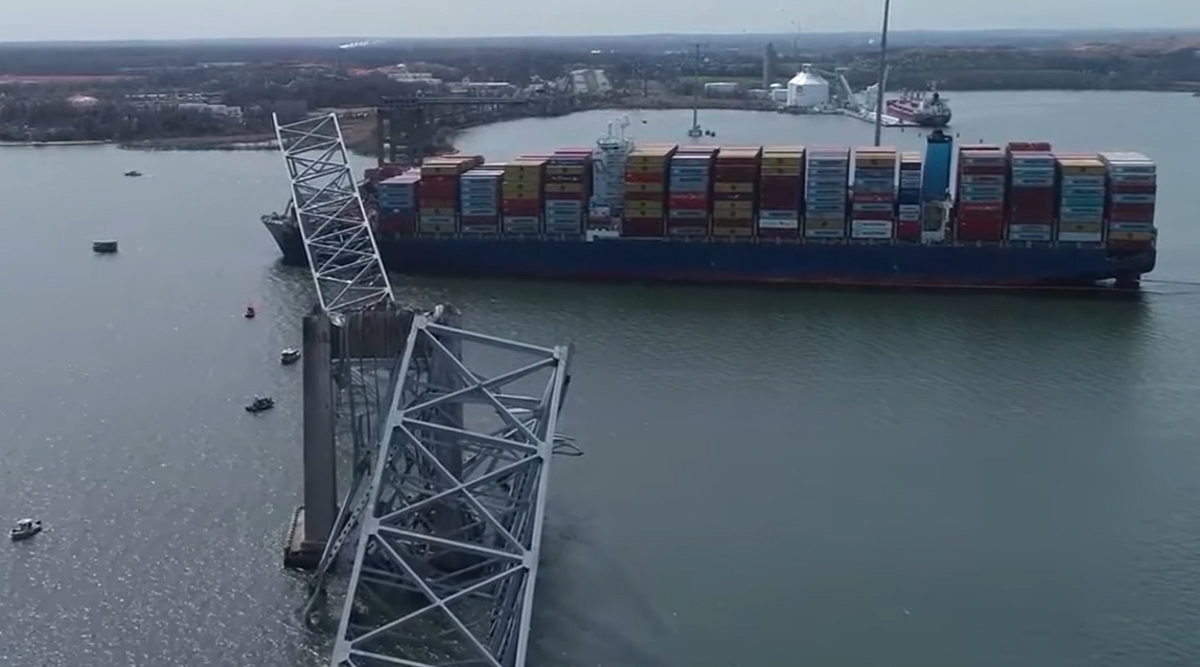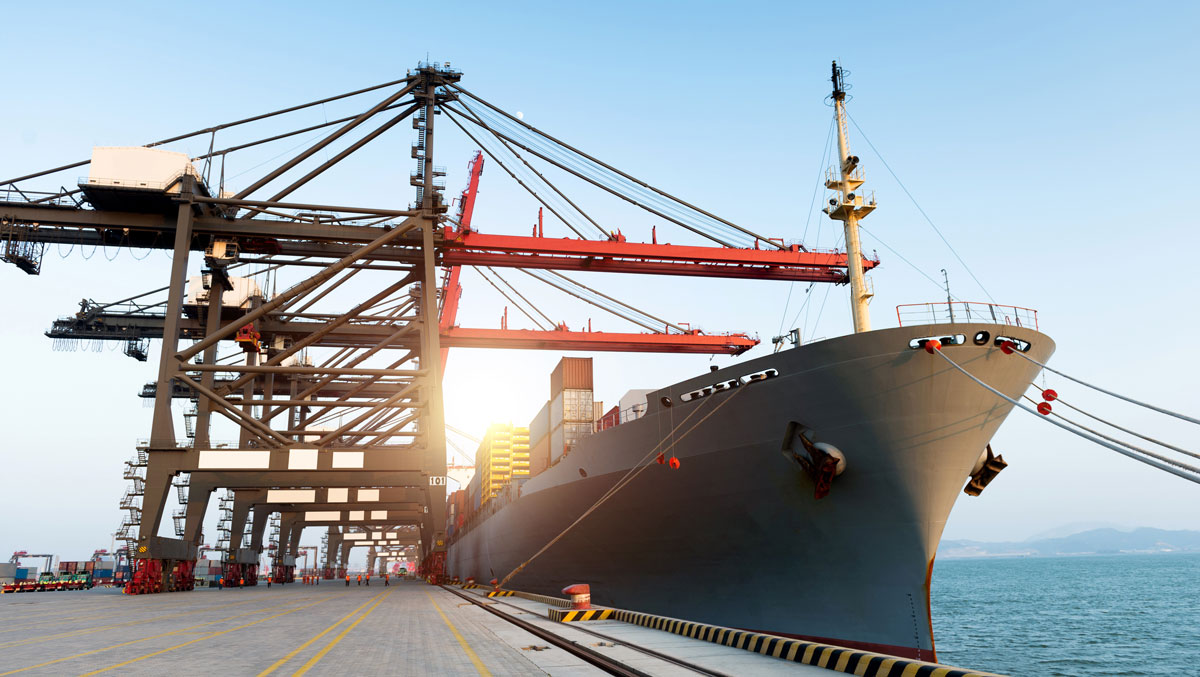The Summer of Supply Chain Labor Unrest?

Aug. 16, 2023
Max Garland
Supply Chain Dive
A wave of labor disputes in supply chains, driven by workers seeking better pay and job security due to their pandemic contributions and inflationary pressures. This “Hot Labor Summer” has disrupted operations at ports, led to bankruptcy filings, and prompted shippers to diversify carriers and invest in technology to mitigate supply chain disruptions.
One common theme among these conflicts is that workers are demanding higher pay, better benefits, and increased job protections, citing their contributions during the COVID-19 pandemic and the current inflationary pressures. This wave of labor actions has been referred to as a “Hot Labor Summer,” with various industries, including TV and film writers, hotel and hospitality workers, and auto workers, seeking improved working conditions.
The timing of these labor negotiations is favorable for unions due to a strong labor market, low unemployment, and economic growth. Established union workforces are securing new contracts, while other employee groups in the transportation sector are organizing, such as DHL Express workers and Amazon delivery contractors.
Additionally, these labor disputes can disrupt supply chains, leading to terminal operations’ limitations at ports and even bankruptcy filings by companies facing strike threats. To mitigate such disruptions, shippers are diversifying their carrier mix, investing in technology like digital twins, and maintaining safety stock to ensure continuity in their supply chains.
Conclusion: “Hot Labor Summer” is characterized by an upsurge in labor unrest within supply chains, with workers demanding better compensation and job security. The timing favors unions, leading to negotiations and disruptions that impact supply chains, prompting shippers to adopt contingency plans to mitigate these challenges.
We asked Legacy’s VP of Transportation, Russ Romine, to offer some insight.

“Many of these frontline workers bore the brunt of contributions during the COVID-19 pandemic. Alongside the current inflationary pressures and low unemployment, union workforces are securing new contracts, while other employee groups in the transportation sector are seeing the benefits of organizing, as with the recent UPS & Teamsters negotiations, which could be finalized later today.”
More details can be found at Supply Chain Dive’s ‘Deep Dive’ here.
Get Insights. Stay Ahead.
Get the latest news and insights via email on warehouse improvement, transportation optimization, labor strikes and international shipping rate changes.Popular Posts
Search Posts
-
Baltimore Bridge Impact Assessment – Update
Following the recent Baltimore Bridge collapse and subsequent port closures, we want to keep our customers informed about the situation and...
+ Read more -
Global Momentum Builds for Charge on Global Shipping Sector’s CO2 Emissions
A growing coalition of 47 countries, including key players like the European Union, Canada, Japan, and various Pacific Island nations, is...
+ Read more -
5 Key Components in International Contingency Planning
The global logistics outlook indicates a lingering crisis mode, requiring adaptation to the new normal of accelerated global disruptions,...
+ Read more









